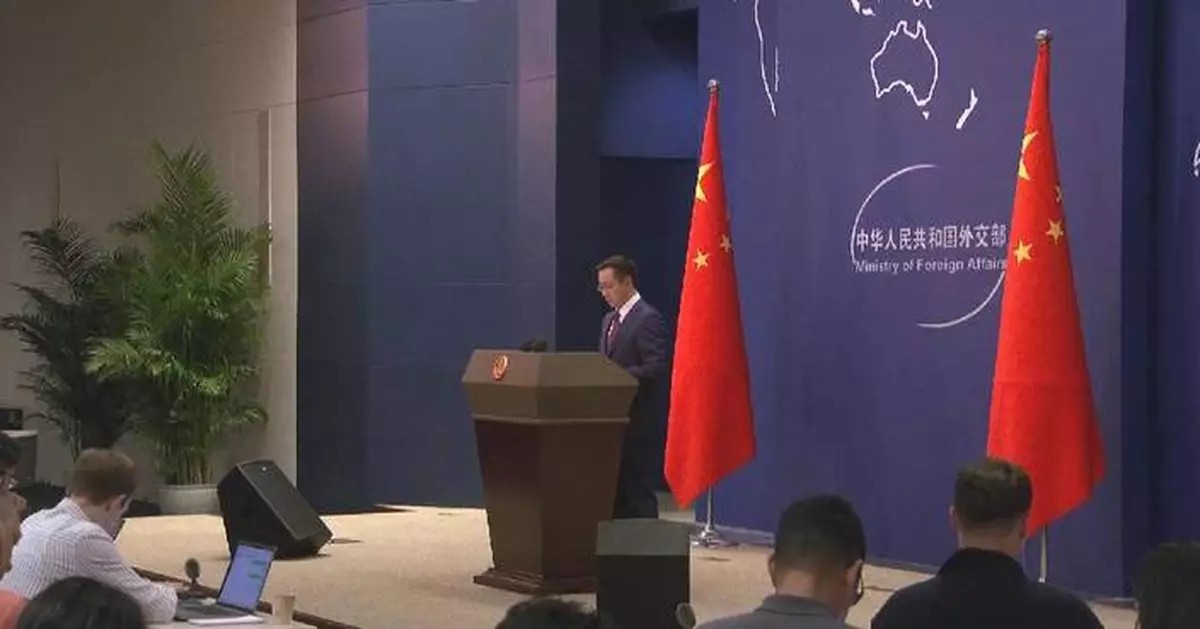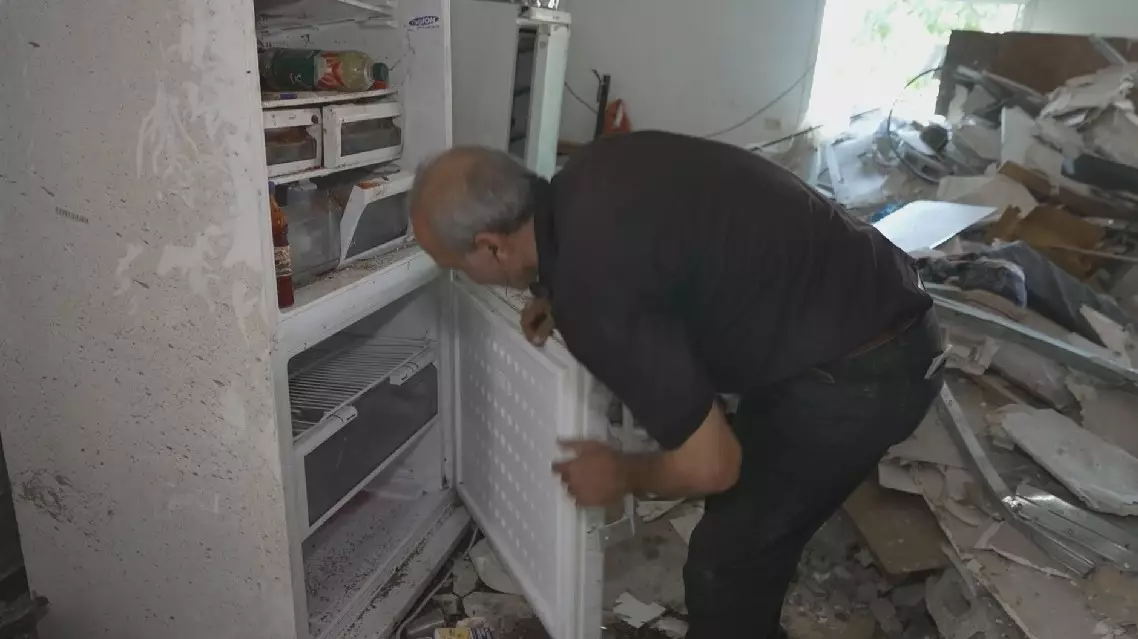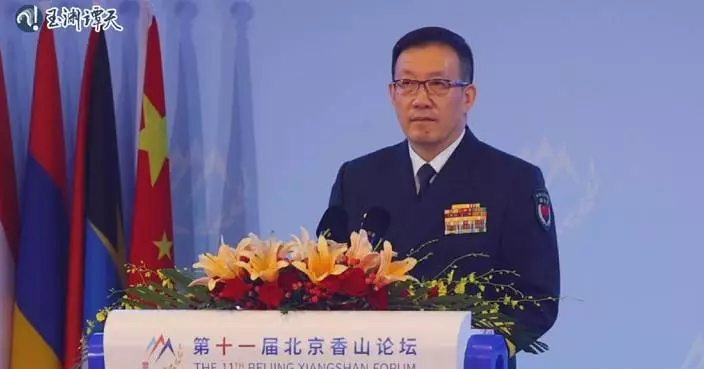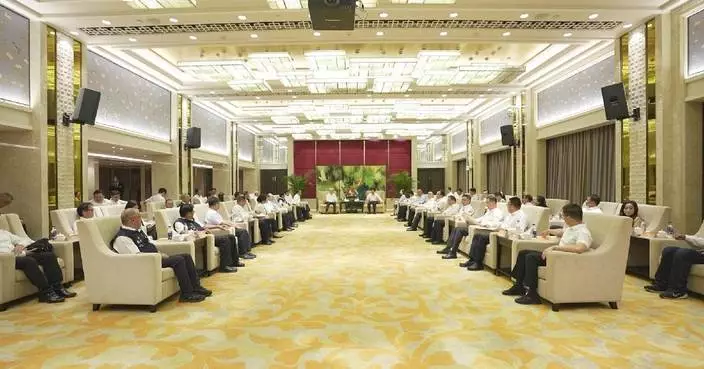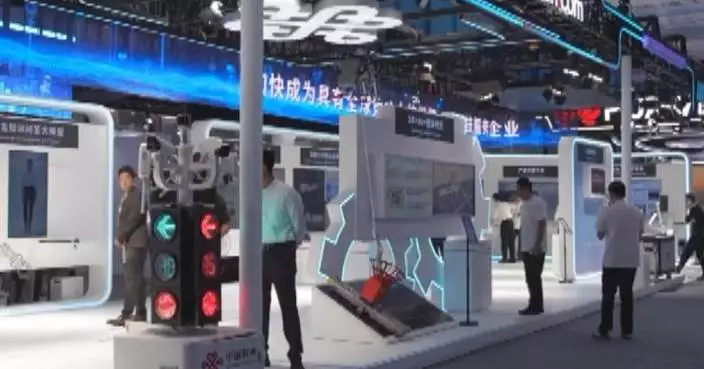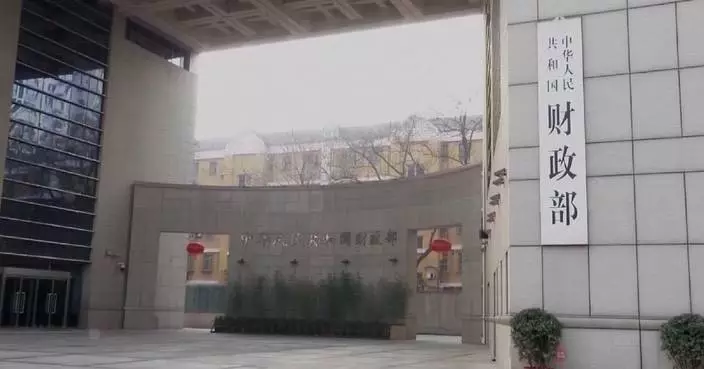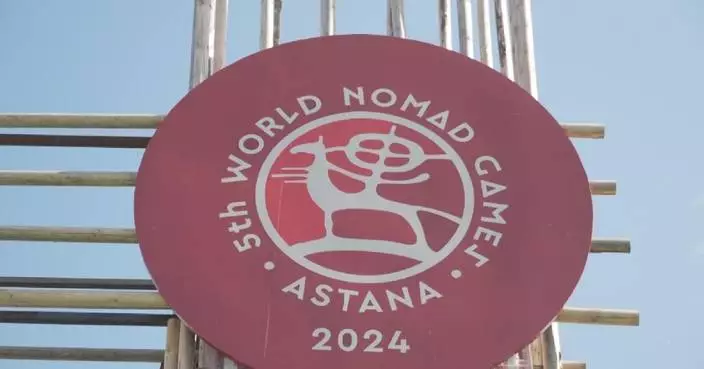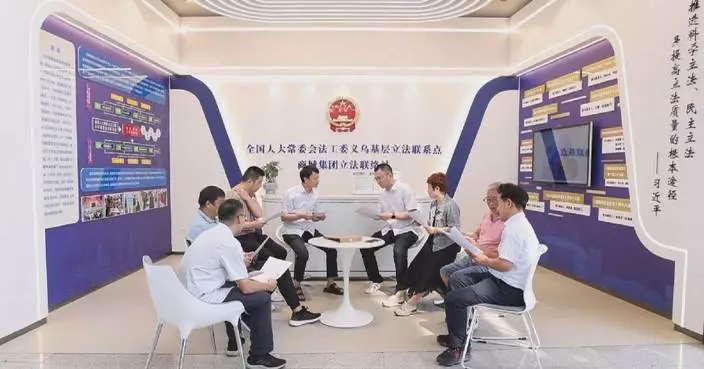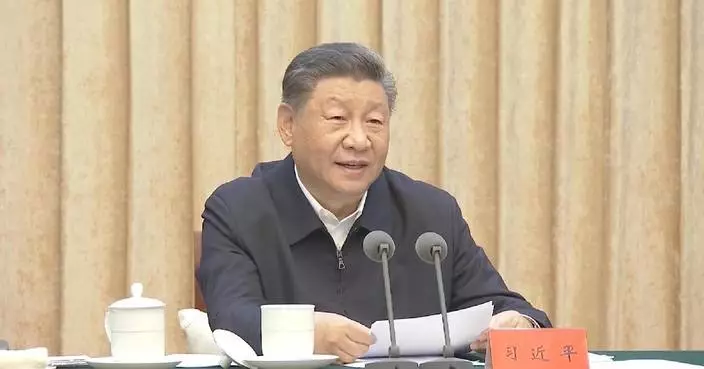High-quality Belt and Road cooperation will be at the top of the agenda of the 2024 Summit of the Forum On China-Africa Cooperation (FOCAC), Foreign Ministry spokesman Lin Jian said at a regular press conference in Beijing on Tuesday.
The 2024 Summit of the FOCAC will be held in Beijing from Sept. 4 to 6 with the theme "Joining hands to advance modernization and build a high-level China-Africa community with a shared future."
African scholars said at the sixth China-Africa Media Cooperation Forum held days ago in Beijing that the high-quality Belt and Road cooperation has played an important role in promoting the connectivity of African countries, and the joint construction of the Belt and Road between Africa and China will strongly promote Africa's sustainable development, economic growth and regional integration.
"Infrastructure construction serves as an important foundation for Africa's development, and achieving connectivity is the common aspiration of the African countries. Over the years, within the frameworks of the FOCAC and the Belt and Road Initiative, China has always followed the principles of sincerity, real results, affinity and good faith and the commitment to the greater good and shared interests, and firmly supported African countries in upgrading their infrastructure and connectivity and achieving sustainable development," said Lin.
Lin said the China-built railways such as the Mombasa–Nairobi Standard Gauge Railway, the Addis Ababa–Djibouti Railway and the Benguela Railway have significantly improved the transportation efficiency between the coast and the hinterland in the three African countries. The China-built deep seaports such as the Kribi Deep Seaport in Cameroon have brought development opportunities for landlocked African countries. The China-built Kafue Gorge Lower Hydropower Station in Zambia and the Garissa Solar Power Plant in Kenya have eased power shortage in the two African countries.
"Where roads are built, prosperity follows. Over the years, China and African countries have built or upgraded nearly 100,000 kilometers of roads, over 10,000 kilometers of railways, about 1,000 bridges and nearly 100 ports via cooperation projects. Chinese companies have helped build more than half of Africa's wireless stations and high-speed mobile broadband networks, serving more than 900 million African people. Now, 52 African countries and the African Union (AU) Commission have signed documents with China on Belt and Road cooperation, aiming to break bottlenecks in their own development. The active participation of African countries is one of the highlights of high-quality Belt and Road cooperation," said the spokesman.
"The 2024 Summit of the Forum on China-Africa Cooperation is just around the corner, and the high-quality Belt and Road cooperation will be one of the top agendas of the summit. China is ready to work with Africa to forge ahead on the path of win-win cooperation and common development, align the Belt and Road Initiative with the AU Agenda 2063 and the development strategies of African countries, and continuously enhance the prestige of high-quality Belt and Road cooperation between China and Africa, so as to bring China-Africa connectivity cooperation onto a fast track," he said.
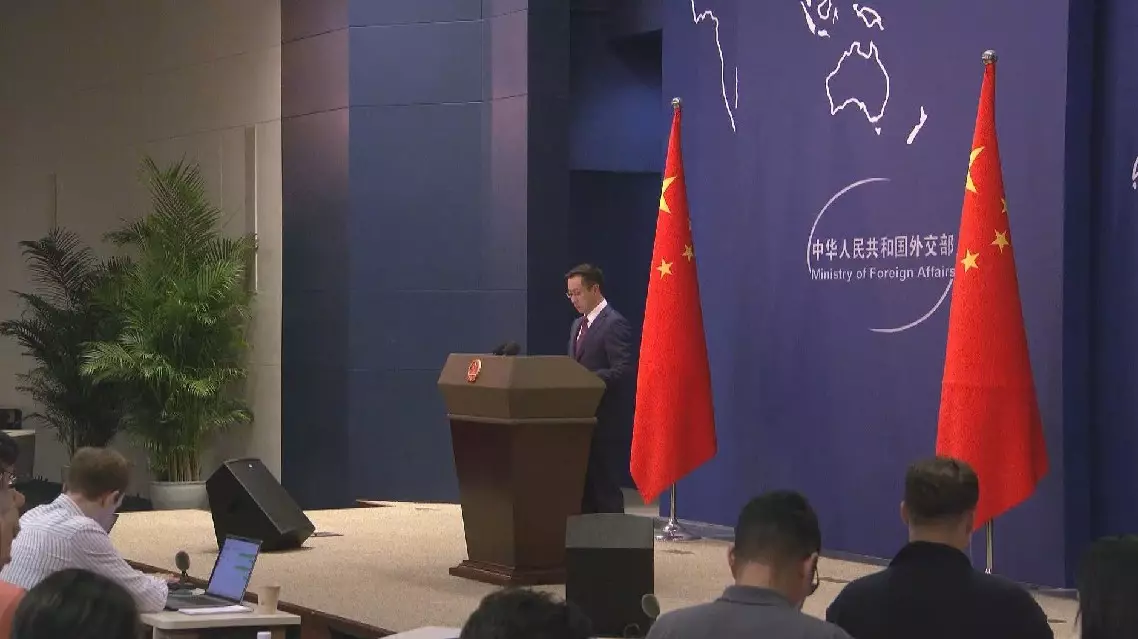
Belt and Road cooperation top of agenda at 2024 FOCAC Summit: spokesman


